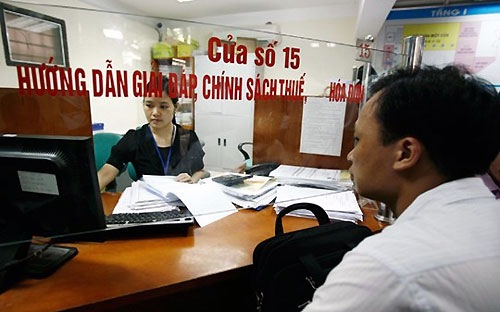This is the regulation on the probationary period added in the Draft Law amending the Labor Code compared to the current Labor Code, for employees who are enterprise managers, the maximum probationary period is 180 days.
To be specific, according to Article 26 on the probationary period in the Draft, the regulations are as follows:
Article 26. Probationary Period
The probationary period is agreed upon by both parties based on the nature and complexity of the job, but probation can only be conducted once for a job and must ensure the following conditions:
1. Not exceeding 180 days for managerial positions in enterprises according to the Law on Enterprises.
2. Not exceeding 60 days for jobs with professional qualifications and technical expertise requiring a college degree or higher.
3. Not exceeding 30 days for jobs with professional qualifications requiring an intermediate degree, technical workers, and operational staff.
4. Not exceeding 6 working days for other jobs.
According to Clause 18, Article 3 of the Law on Enterprises 2014: "Enterprise managers are those who manage the company and private enterprises, including the owner of the private enterprise, general partners, Chairperson of the Members' Council, members of the Members' Council, Chairperson of the company, Chairperson of the Board of Directors, members of the Board of Directors, Director or General Director, and individuals holding other managerial positions authorized to sign transactions on behalf of the company as stipulated in the company charter."
During the period for collecting feedback, many opinions suggested that the regulation on the probationary period for enterprise managers is inappropriate.
First, when recruiting enterprise managers, most businesses prioritize selection based on managerial experience, especially for foreign workers in Vietnam in managerial positions. If a person already has managerial experience but is subjected to a 180-day probation period with each different company, it is unreasonable.
Second, businesses may exploit this to employ managers at a lower salary during a longer probation period and may apply Clause 5, Article 28 to not employ workers regardless of whether the performance meets the requirements: "During the probation period, either party has the right to cancel the probationary contract or the labor contract without prior notice and without compensation." According to the current Labor Code, the probationary period ends if the performance does not meet the agreed requirements.
However, the regulation does not mandate that managers must undergo a probation period of up to 180 days. According to Clause 1, Article 26 of the Draft, parties can negotiate the probationary period based on the nature and complexity of the job.
See detailed content in the Draft Amended Labor Code expected to take effect from January 1, 2021.
Hai Thanh
 Article table of contents
Article table of contents





.Medium.png)
.Medium.png)
.Medium.png)
.Medium.png)
